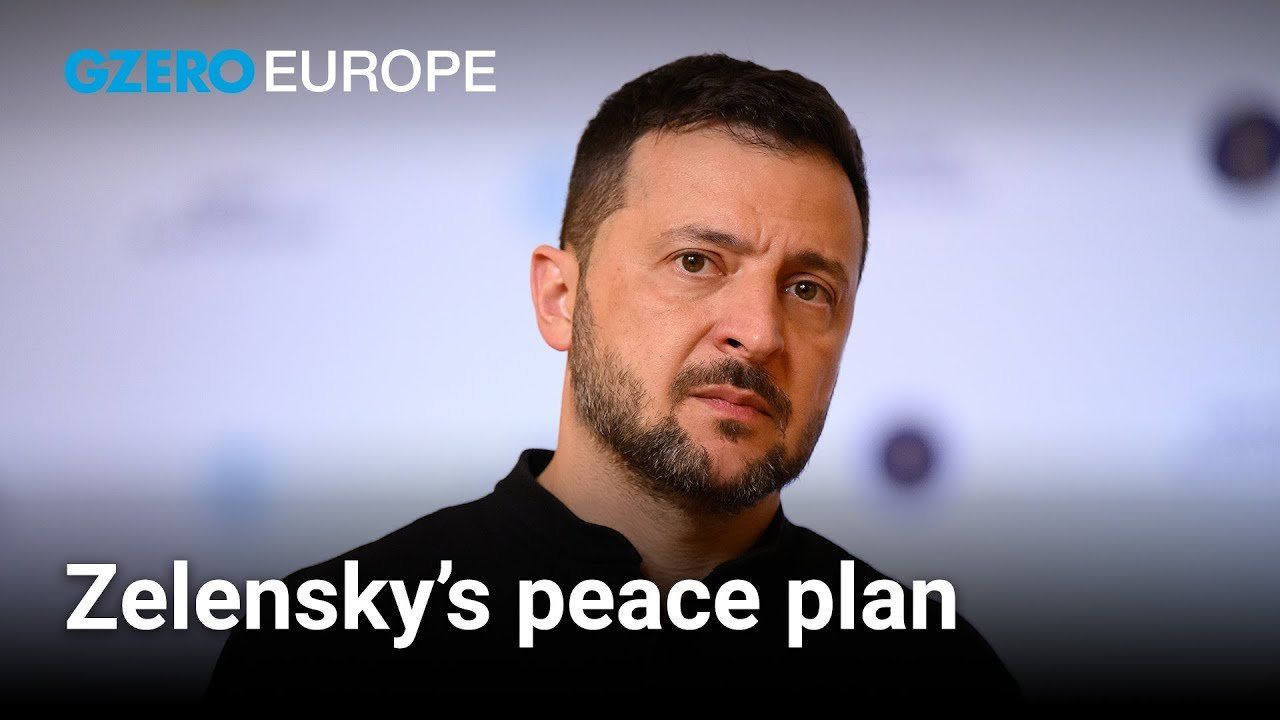September 24, 2024
Carl Bildt, former prime minister of Sweden and co-chair of the European Council on Foreign Relations, shares his perspective on European politics from Stockholm, Sweden.
First question, is Zelensky's finalized 'victory plan' realistic to bring peace to Ukraine?
Well, the peace plan that he's talking about is a proposal that he's going to present to President Biden at the meeting in UN in the next few days. They are there for the UN General Assembly, and it consists essentially of beefing up Ukraine's military capabilities with the possibility to use more long-range weapons and other things in order to substantially increase the military difficulties that Russia already having. Thus, possibly, hopefully, making it certain, making it clear to the Kremlin that there's no way to victory and that they have to sit down and agree to something that is acceptable and that can be called peace of some sort. Will this work? Remains to be seen, to put it in the mildest possible way.
Second question, why is there backlash against EU's anti-deforestation law?
Well, it's not unique for that particular one. I mean, all of the legislation for the so-called Green Deal that was decided due to the last five years, a lot of it is fairly complicated and has significant burdens on industry in order to reporting requirements and all of those. That includes the deforestation law. So there is a push to say, "Well, well it's all good. But let's delay it somewhat so that business has the possibility of catching up with all of the requirements." You will see that debate about several aspects of the Green Deal. It doesn't endanger the deal itself, but it perhaps streamlines and perhaps delays it somewhat.
More For You
Igmel Tamayo carries charcoal to sell on the side of a road for use as cooking fuel in homes, after US President Donald Trump vowed to stop Venezuelan oil and money from reaching the island as Cubans brace for worsening fuel shortages amid regular power outages, on the outskirts of Havana, Cuba, on January 12, 2026.
REUTERS/Norlys Perez
Most Popular
Sponsored posts
Five forces that shaped 2025
What's Good Wednesdays
What’s Good Wednesdays™, January 28, 2026
Walmart is investing $350 billion in US manufacturing. Over two-thirds of the products Walmart buys are made, grown, or assembled in America, like healthy dried fruit from The Ugly Co. The sustainable fruit is sourced directly from fourth-generation farmers in Farmersville, California, and delivered to your neighborhood Walmart shelves. Discover how Walmart's investment is supporting communities and fueling jobs across the nation.
- YouTube
In this episode of GZERO Europe, Carl Bildt examines how an eventful week in Davos further strained transatlantic relations and reignited tensions over Greenland.
- YouTube
In this episode of "ask ian," Ian Bremmer breaks down the growing rift between the US and Canada, calling it “permanent damage” to one of the world’s closest alliances.
© 2025 GZERO Media. All Rights Reserved | A Eurasia Group media company.
